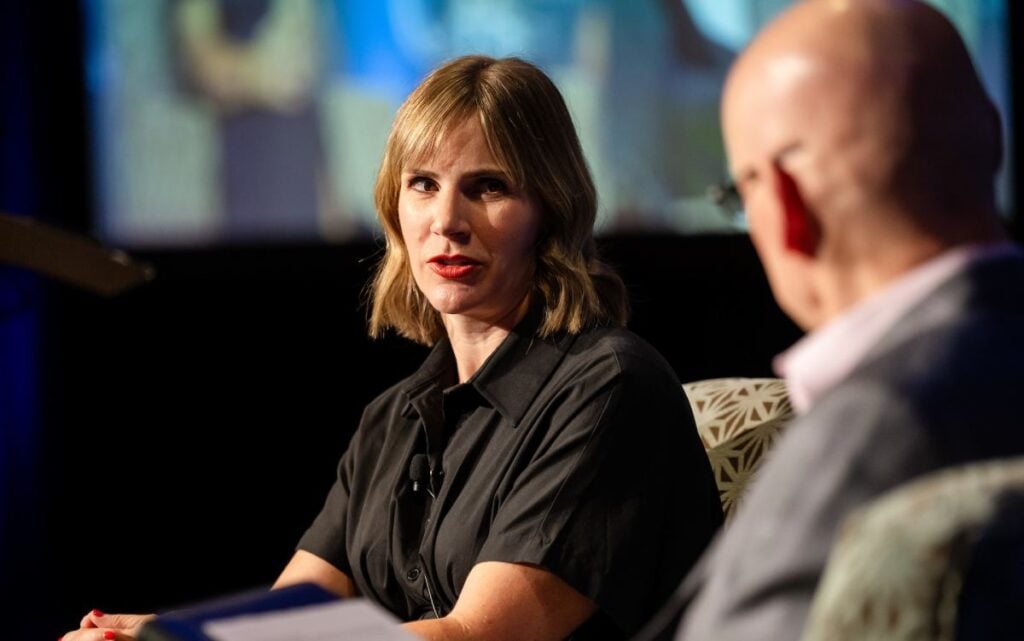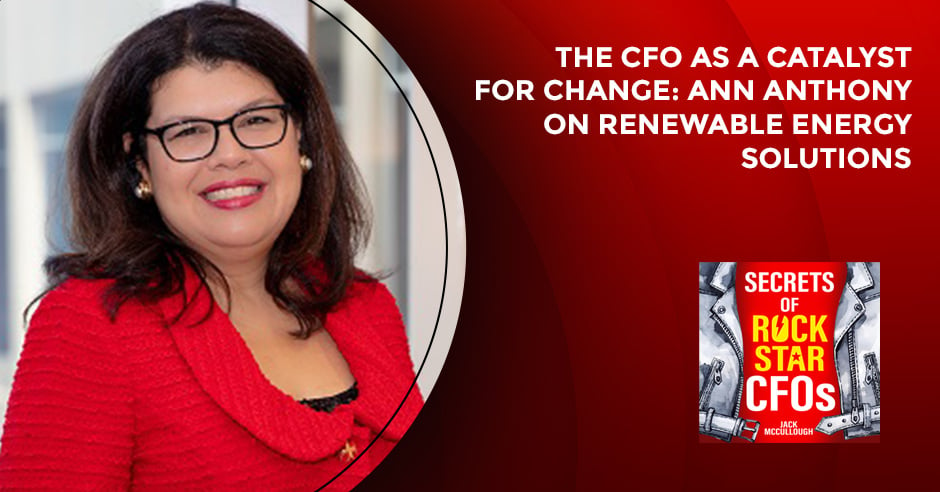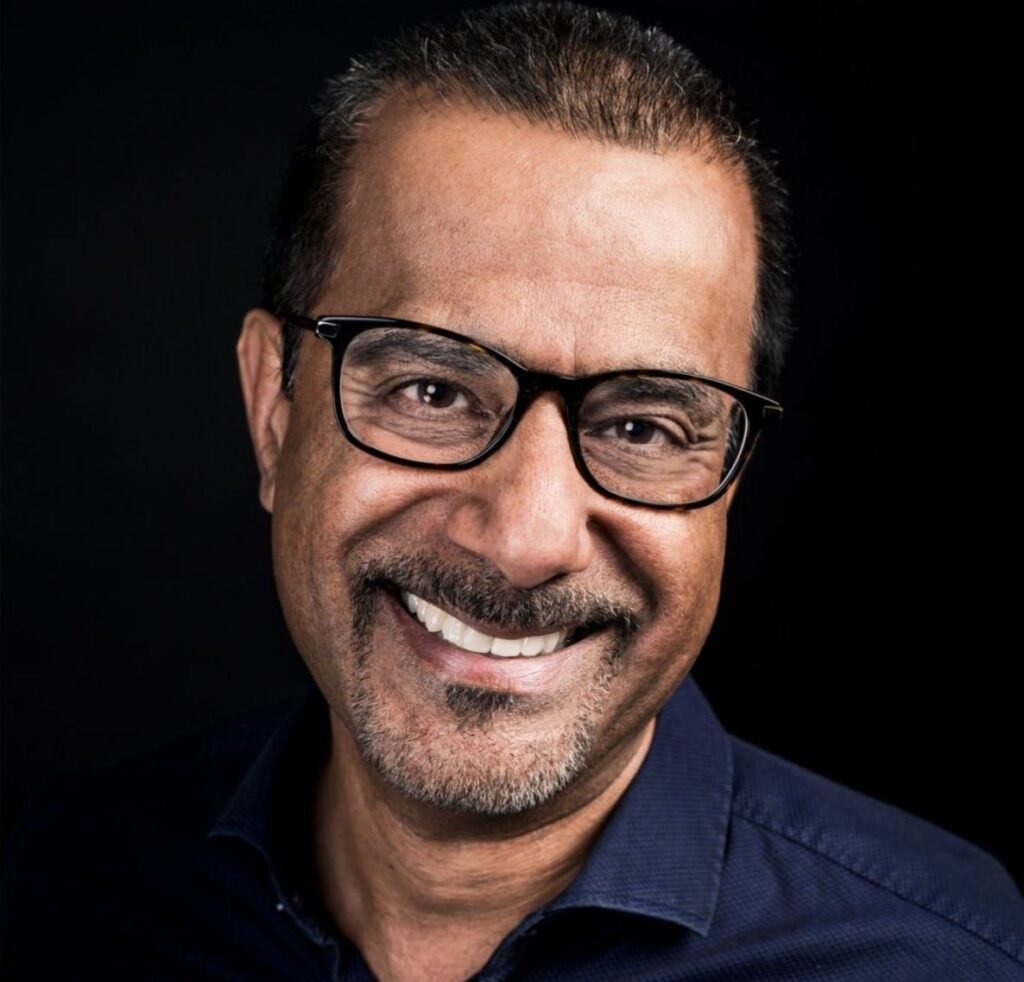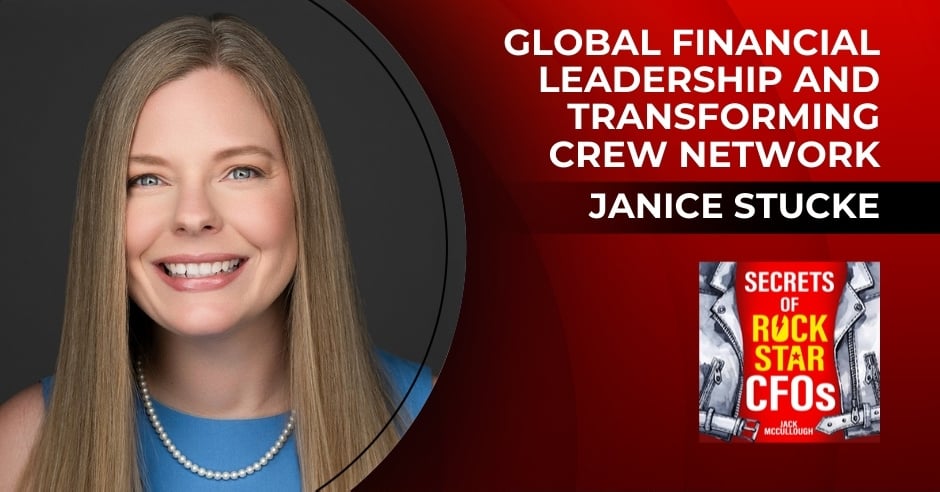How does a finance job at a smaller tech company differ from one at tech giants like Google, Twitter and eBay? How do a CFO’s priorities change? What adjustments are required by the CFO?
At the spring CFO Leadership conference in Boston the first week of June, two CFOs—Lauren StClair of Slice (pictured above) and Julianna Hayes of Philo—gave the audience a peek into how they’ve fared in their CFO jobs after stints in finance at big-name tech organizations.
StClair is the former CFO of StubHub International and eBay North America. She took NerdWallet public in 2021 and then moved to the pizza tech company Slice two months ago. Hayes became CFO of the streaming company Philo in 2023, after spending nearly six years at Google and 10 years at Twitter, her last job as SVP of sales and corporate finance.
Both women feel their jumps to new organizations suited them.
After taking NerdWallet public, StClair stayed for three years. She left after deciding she wanted to “create something new again—start with a new team, with a new set of peers, with a new business leader and learning from them,” she said. Moving on from a consumer e-commerce marketplace business was also a motivator—”I thought vertical SaaS would be an interesting next step,” she said.
Similarly, Hayes wanted to be at a company she “could help grow. “What I love about it is “I know everyone, and I know what every single person does, and that is just fun and different.”
What can CFOs take away from the experiences of StClair and Hayes?
Listen First
Launching your agenda in finance immediately and assessing operations immediately, telling the team, “That looks bad,” “That’s too slow” or “That doesn’t make sense” is not a smart approach. “I learned from NerdWallet that listening, observing and asking a lot of questions to try to get to why we do the things we do” is a more effective approach, said StClair. StClair adopted that style coming into Slice. Two-and-a-half months later, she is starting to formulate her thoughts and opinions. However, “I feel like I have to take care of my business and my team first before we can go push on the other places in the organization,” she said.
Be Patient
Hayes worked with global teams at Twitter and Google, so she got used to having finance people in another part of the world working on a problem or answering one of her 6 p.m. Slack requests while she slept. “You’d wake up, and it was done,” Hayes said. Philo has teams on the East and West coasts but not overseas, so she has had to adjust. “I might send something out into the ether [late in the day], but no one is going to look at it” or do anything about it overnight. Hayes has had to learn to be patient. “I have to bake in enough time to make sure my team has enough time to work on [what I sent them],” she said.
Declare Priorities

You have limited resources and people. At small, privately held companies, carving out time to look ahead and “think about what’s coming next” instead of constantly reacting is essential. To do that requires prioritization, StClair said. “What are the things that have to get done? What is nice to get done, and what is all the [busywork] we’ve been doing because we’ve just always been doing it?” she said. In addition, she asks, “What can we stop doing? What would be the consequences of not doing this one thing?” StClair gives her team members permission to say no to certain activities that won’t add value or have a material impact.
Exploit Advantages
One of the attractions of being a smaller company like Philo is the speed of execution. “If you have five product people and 10 engineers, they can do something pretty quickly together…it’s easy to make a decision or change something.” Some of Philo’s early employees were very close to the CFO, and when the company grew, they would still go to him directly for a decision, circumventing departments like HR. How can you address that issue without slowing down the organization? Philo brought in an executive coach to help it with team decision-making, Hayes said.
Focus On Profitability
“We’re of the age where we need to be profitable,” Hayes says, “to ensure the company is sustainable.” Philo’s secret sauce is efficiency; it carries much less overhead than its peers. Still, up against the Netflixes of the world, It must be selective about the innovations it funds and carefully test and track them. One of the new forecasting methods Hayes tried this year was to start the forecast with the profit margins the company is trying to hit and work backward instead of starting with top-line revenue. “It’s been a fun thought exercise,” Hayes said.
Take Advice
On StClair’s last day at eBay, she received a text, “Welcome to the eBay CFO alumni network. “I didn’t even know that existed, but former managers, mentors, you name it, all just came together to help me,” said StClair. “I was very, very fortunate.”







